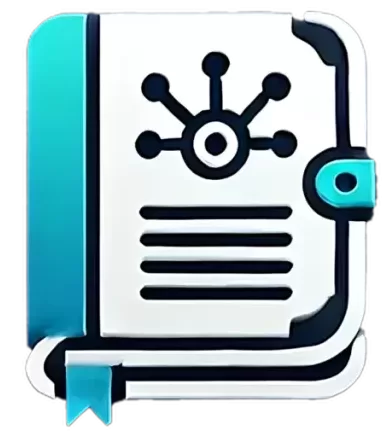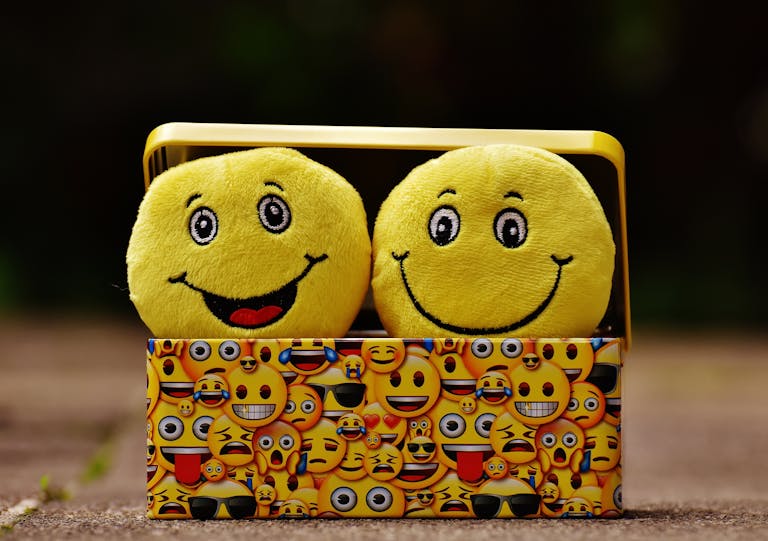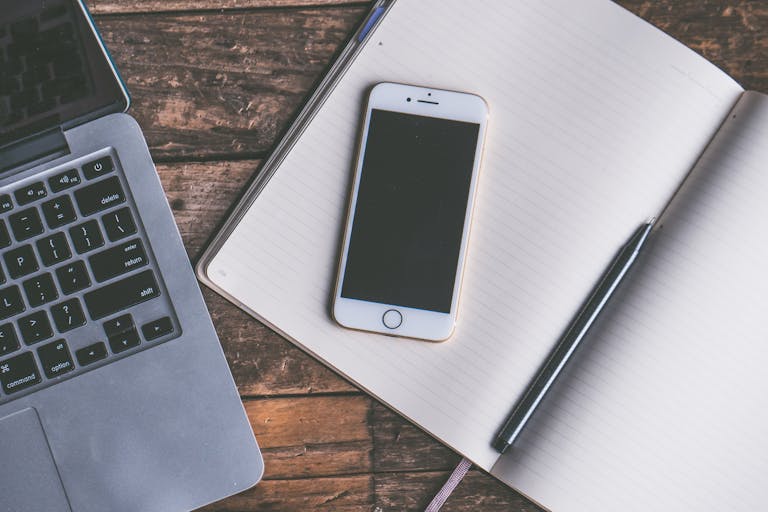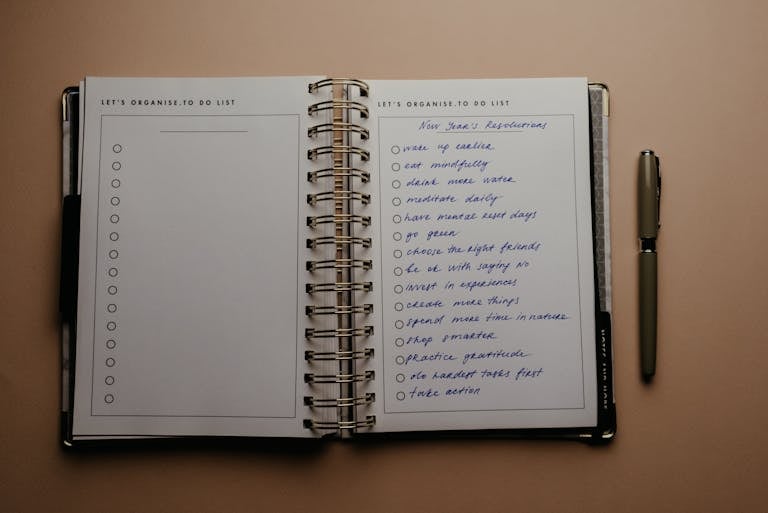How Journaling Helps With Anxiety (Even When It Feels Like It Doesn’t)
Journaling is often recommended for managing mental health—but if you’re wondering how journaling helps with anxiety, especially when you’re deep in it, you’re not alone.
Anxiety has a quiet way of making everything feel urgent.
You wake up, and already there’s a tightening in your chest. A thought you didn’t ask for. A problem that hasn’t happened yet—but feels close, like it’s knocking at the door.
So you pick up your phone. You check. Scroll. Tap. Respond. You try to meet the pace of your thoughts with the speed of your thumbs.
But the anxious mind doesn’t move in straight lines. It loops. Doubles back. Circles the same worry until it’s worn smooth, and still refuses to let go.
This is where journaling can help.
Not as a cure. Not as a silver bullet. But as a gentle interruption.

How Journaling Helps with Anxiety by Slowing You Down
Not in a bad way. In a necessary way.
When you sit down and write—even just a few sentences—you’re telling your mind: I’m here. I’m listening.
That matters more than you think.
Because anxiety often grows in the silence between unspoken thoughts. When you write, you’re not trying to solve everything. You’re just giving form to the fog.
And form is easier to hold than a storm of feeling.
There will be days when even opening the app feels heavy. That’s okay. On those days, let yourself type one word. Or just open the page. That, too, is journaling. Over time, these small, seemingly insignificant moments stack up. They build trust. And in that trust, anxiety starts to loosen its grip.
According to the American Psychological Association, expressive writing has been linked to lower stress and anxiety.
A journal keeps what the moment forgets.
In the thick of anxiety, it’s hard to remember anything else exists. You forget the calm day from last week. The small joy from yesterday. The fact that you’ve felt like this before, and made it through.
But your journal remembers.
It holds the moments that anxiety tries to erase. It shows you the patterns your memory skips over. And over time, it becomes a mirror—not just of your pain, but of your growth.
Apps like Lume quietly make that mirror sharper. They bring your habits, moods, and behaviors into focus. Not to judge you. Just to remind you that your story is made of many chapters—not just the anxious ones.
There is power in naming things.
There’s a quiet magic in writing, I feel anxious today. You’re not running from it. You’re not pretending it’s not there.
You’re naming it. And once something is named, it becomes just a little less frightening. A little more real. A little more… yours.
Not in the sense of ownership, but in the sense that you’re no longer at its mercy. You’re in dialogue with it. And in dialogue, there is room to breathe.
Not every entry will feel profound.
Some days, it’ll feel mechanical. Other days, repetitive. You might write the same fear, three times in three different ways.
That’s okay. You’re not writing for the sake of brilliance. You’re writing to see. To feel. To remember that there is a you beyond the anxiety. And that this page, empty or full, is always ready for your return.
One last thought:
The truth is, how journaling helps with anxiety isn’t always obvious at first.
Journaling isn’t a solution. It’s an anchor.
A way to steady yourself when the waters of your mind feel rough. A way to remember that even when everything feels like it’s too much…
You are still here. And that, too, is worth writing down.
If your mind feels heavy, start with one sentence.
It doesn’t have to be deep. It just has to be yours.
Lume is here to hold your thoughts, gently connect the dots, and help you see the story you’re quietly living every day. No pressure. Just presence.







